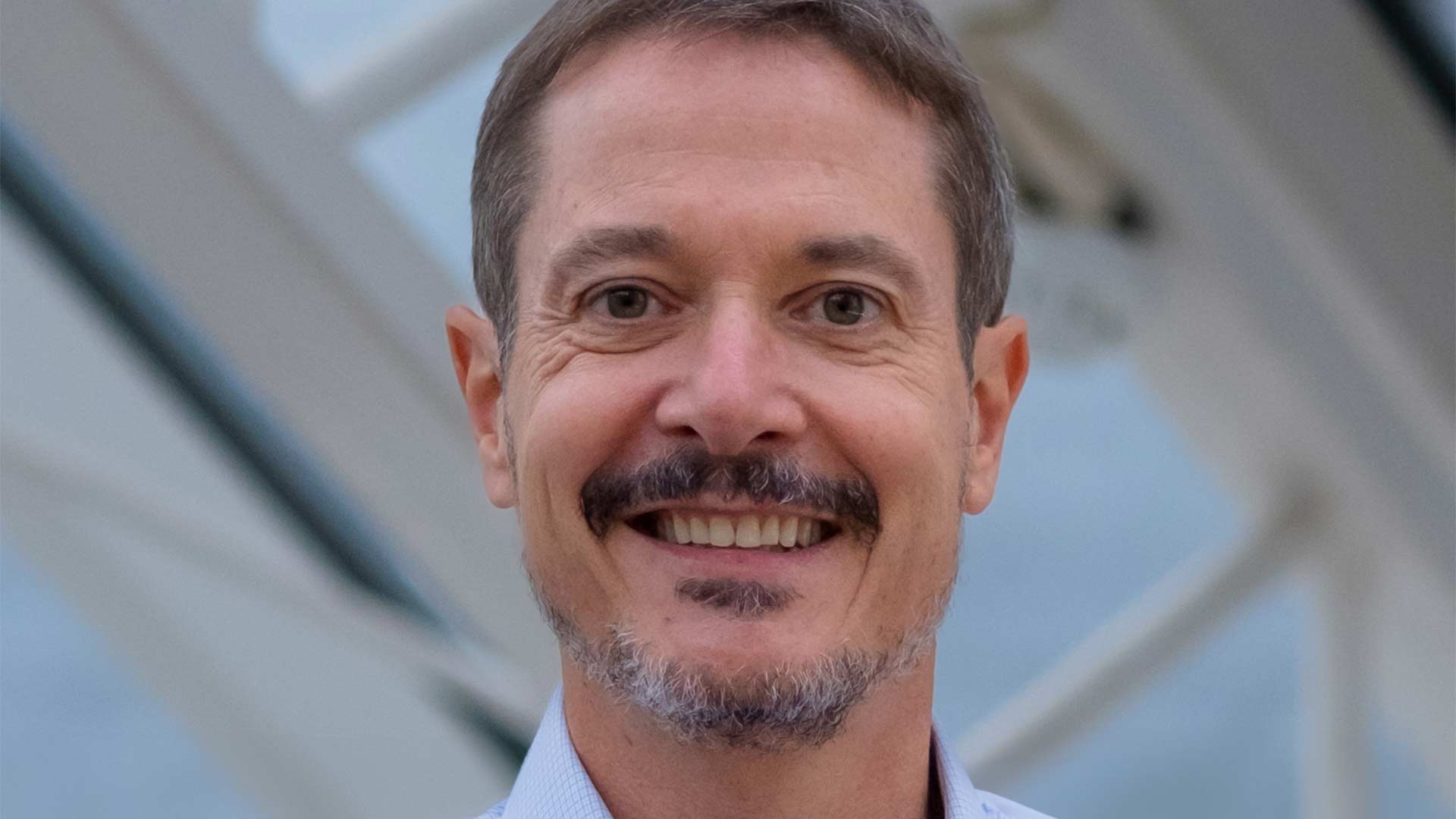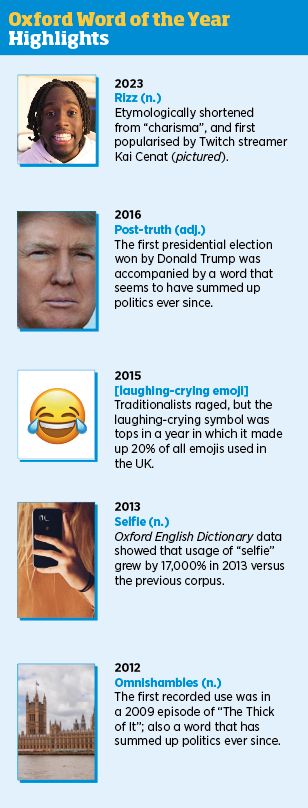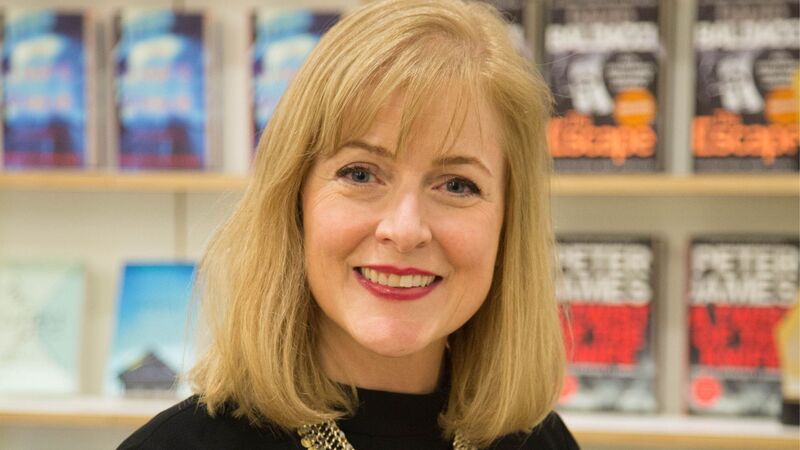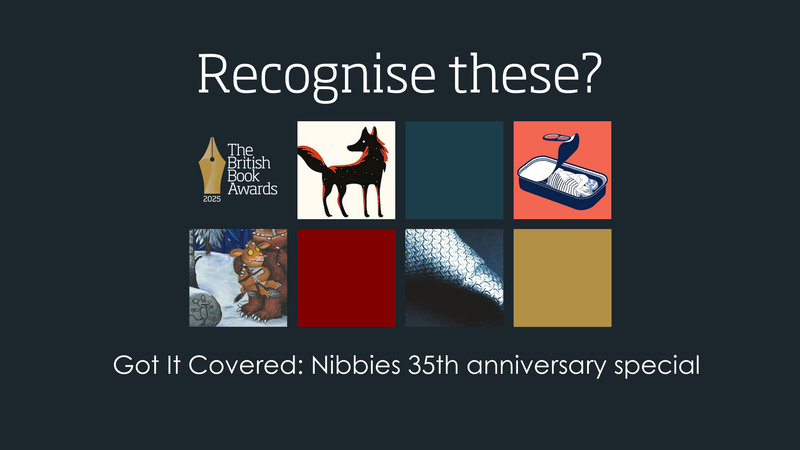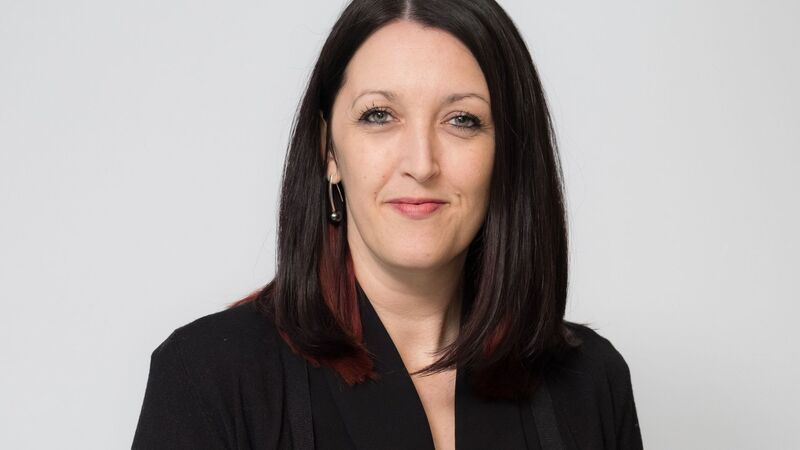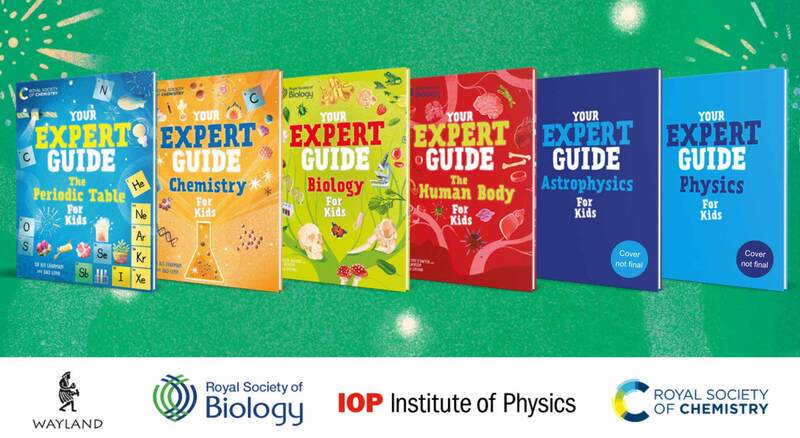Language Lessons: OUP’s decades-long shift of its dictionary business is reaping rewards
Oxford Languages head Casper Grathwohl talks to The Bookseller about the need to be tech-nimble in a centuries’ old press
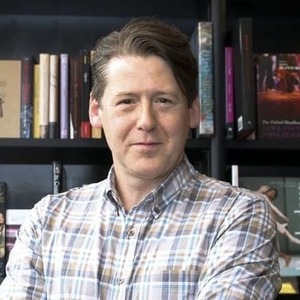
Tom Tivnan is the managing editor of The Bookseller.
You could argue that the cornerstone from which Oxford University Press originally built itself into a worldwide academic superpower was the Oxford English Dictionary (OED), which brought cachet, reams of trade and institutional sales, plus global branding (even before branding was a thing) that in turn burnished the press’ entire output.
But the OED’s heyday, you might think, is long gone, as traditional dictionary publishing has gone the way of the dodo with the inexorable march to digital. Which is true in a way, but does not tell the entire story, as Oxford Languages, the tech and lexical division that evolved from its dictionary arm, is one of OUP’s best-performing outposts.
Casper Grathwohl, the global boss of Oxford Languages since 2018, cannot reveal exactly how much of OUP’s £833m in turnover last year was generated by his business, as the press does not publicly break financials down by divisions. But, he says: “I can tell you we are rapidly growing. We were up by over 30% last year in turnover, and that’s tens of millions of pounds. And 30% is growth that almost no part of publishing experiences at the moment.”
The evolution from the traditional to digital started in earnest a while ago, but broadly the current Oxford Languages main plank—about half of the business, Grathwohl reckons—is licensing OED-supported lexical data and language datasets to companies ranging from the biggest players in tech to start-ups. You undoubtedly use Oxford Languages’ data all the time without realising: to use two prominent examples, it powers Google’s English dictionary while Apple uses it to localise the iPhone in 70 different languages.
We are a kind of language data and IP business, which is a new space that’s not really publishing
Grathwohl stresses that Oxford Languages is mostly in the data, not content, business. He explains: “This started early on when we began thinking about moving dictionaries out of the print environment because digital needs its own experience… We started partnering with tech companies and, as this went on, what they were asking for became more and more sophisticated. It required us to have engineering capability of our own so that we could talk to their engineering departments to work on natural language processing challenges. So we started embedding more and more intelligence into our lexical data and building more robust data sets.”
This transformation has, Grathwohl admits, not been straightforward in terms of the division’s identity. Other dictionary publishers like Collins or Merriam-Webster are no longer Oxford Languages’ main competitors, but “then I don’t really think of us as a technology company, either. We are a kind of language data and IP business, which is a new space that’s not really publishing”.
Grathwohl goes on: “OUP has a reputation of authority, integrity and quality. But that also evokes old white men in long beards. So there is an inherent tension in Oxford Languages’ brand when you’re thinking about fast-moving technology sectors. It’s taken us a lot of work to update our image as an agile player that can keep pace with our tech partners. I’ll be honest, it hasn’t always been easy. And you can imagine how, inside a 500-year-old company, it’s challenging to be nimble to deal with a sector that’s evolving so quickly, particularly when the bulk of OUP’s activity is in very mature markets.”
Given the space it inhabits and its corporate partners, it is not surprising that Oxford Languages has long been enmeshed in the hot-button issues of the day: Artificial Intelligence (AI). Grathwohl in some ways welcomes the public interest in generative AI, and the amount of funding that has come into the arena. But he cautions on the “obvious and many subtle new challenges” that come with the AI boom.
“There are questions around quality, authority and attribution,” adds Grathwohl. “A lot of scholarly publishers, including OUP, are really interested in how we build a responsible ecosystem that reflects the value that researchers create as they build out ideas. How do we maintain the persistence and integrity in going back to [those scholars’] original work? We work with a lot of AI partners, but only ones we feel meet us in a space where we, and they, respect IP.”
Print problem
My equating of print dictionaries with the dodo is perhaps not quite apt; think more of the polar bear—not extinct but endangered, and looking forlorn out there on its shrinking ice floe.
The OED itself, though, has a thriving online platform, with the bulk of its revenue coming from institutional subscriptions. The full, unabridged print OED may never be released again (the last in 1989 ran to 20 volumes) and the obvious advantage of the online version is constant updates. As I write this, the OED site’s list of new additions to the corpus includes “waka jumper”, Kiwi slang for a politician who changes party during the course of a parliament.
Single-volume print dictionaries putter along. Grathwohl says: “There are certain education settings where there is still the demand for print. But, we are not really focused on routes to market for them as they make up such a small portion of turnover. That said, we use the data sets [from the OED] to continue to foster, expand and keep print dictionaries up to date.”
In the UK, OUP has sold a combined £1.6m through Nielsen BookScan’s Total Consumer Market’s (TCM) Dictionaries, Bilingual Dictionaries and Children’s Dictionaries categories in the past 12 months. OUP has a whopping 48% TCM dictionary share, with Collins second on 29%. However, OUP was selling three and a half times the number of dictionaries through BookScan 20 years ago. The TCM dictionary market in general has dropped by 81% in value and 71% in volume in the past two decades.
Spice of life
Grathwohl has been man and boy at OUP. The Michigan native studied art history at the amazingly named Kalamazoo College and classical languages at the American University, Cairo before joining OUP in 1996 after brief stints at the Princeton and Columbia university presses.
Grathwohl has held a variety of roles ever since, including senior vice-president of strategy and academic product director, but most of his career has centred around dictionaries, never really seen as the sexiest of occupations, he says. “There was a period in the mid-1990s when someone would ask what I did and when I said ‘dictionary publisher’, they would give me this look—a mixture of pity and support, as if I was in hospice care.”
But that does belie the huge interest from the public with the annual Word of the Year, based on OED lexicographers’ analysis of language trends (with a public vote for the winner since 2022). The choice often engenders a mountain of hot takes and favourable publicity, like the last two with “rizz” and “goblin mode”, or in 2015 when it was the crying-laughing emoji. The 2024 shortlist—announced last week (14th November)—offers a big opportunity for Sarah J Maas and Rebecca Yarros fans: “romantasy” is one of the six words in the running.
Grathwohl says: “I think people love and respond to the Word of the Year because it’s an opportunity to step back from challenging news cycles to think about how we’re evolving as a culture through this unique window. Look, they don’t all work, but I think back to some of the real hits—we did ‘podcast’ and ‘selfie’ when they probably seemed like momentary phenomenons—and what they do is start a conversation about language that is really a conversation about who we are and what we are becoming.”





